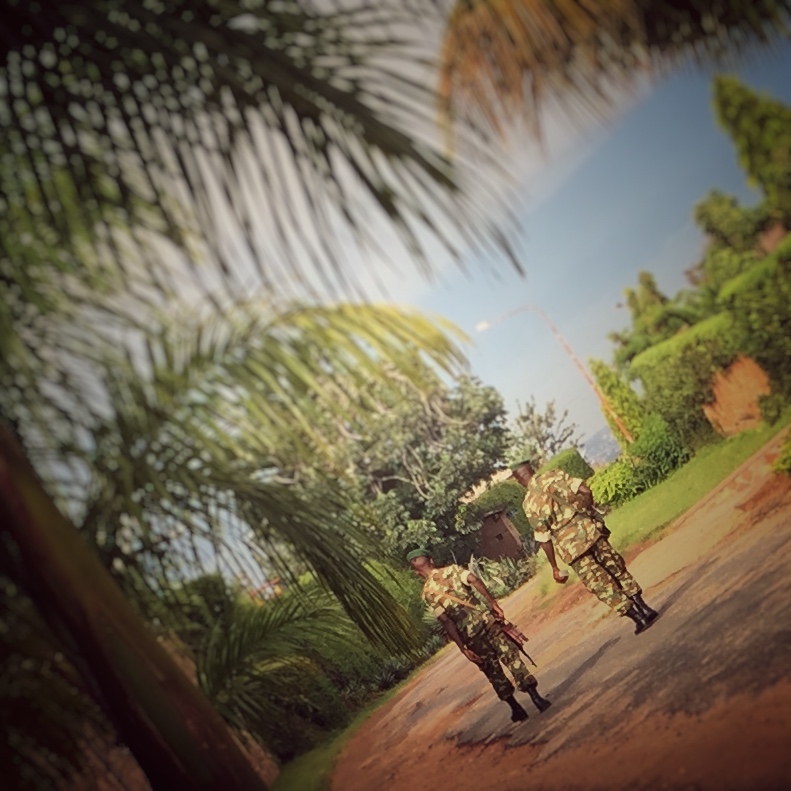Thierno Hamidou Diallo, may he rest in peace, was fatally shot on August 16th, 2016. He is the tragic victim of the anti-government demonstration in the Guinean capital Conakry, which he had nothing to do with. The 21-year old man was hanging out the laundry to dry on a balcony when the bullet hit him.
Until then, it had been the most peaceful anti-government demonstration that one could imagine, and probably the first after which the Guinean opposition and the Guinean government congratulated one another for “the discipline and professionalism of the security forces“ (opposition leader Cellou Diallo) and for having successfully taken “another step in our democratic advancement” (government spokesperson Albert Damantang).
About half a million people had attended the political rally at the central stadium, the atmosphere was hopeful, and when the rally was over, the great majority went back to their homes in peace. Continue reading
